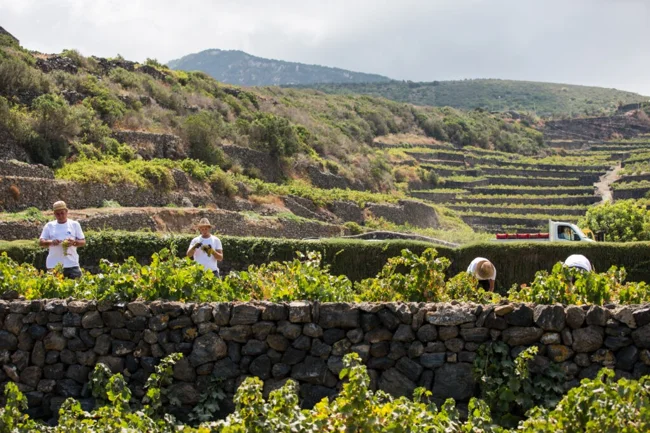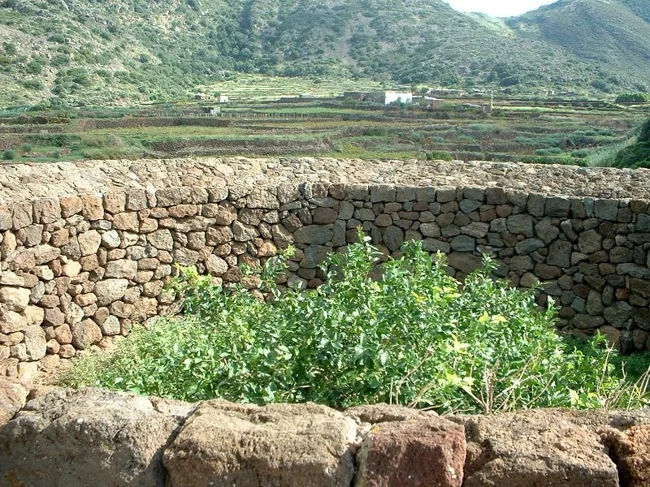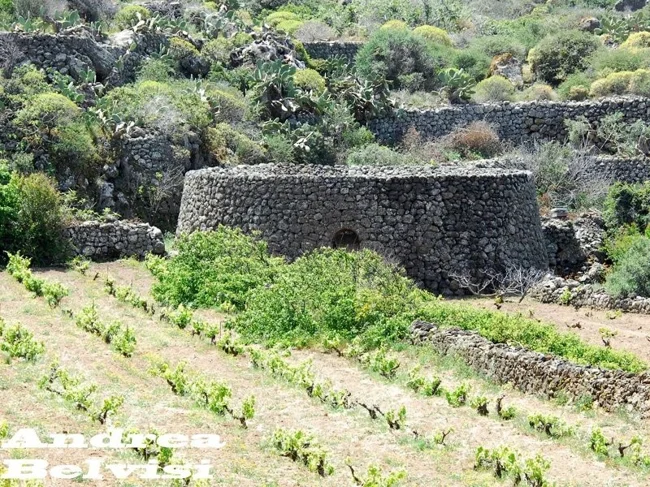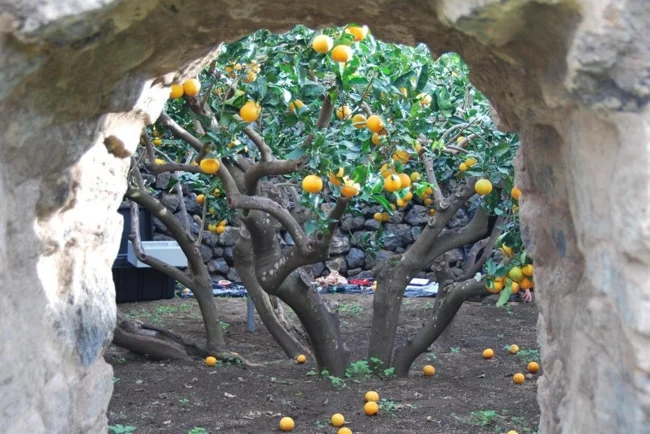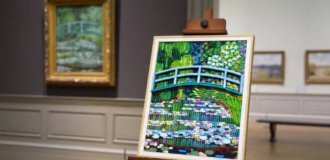Pantelleria - an island fortress where oranges ripen behind stone walls (10 photos)
Lost halfway between Sicily and the Tunisian coast, in the heart of the Mediterranean, lies Pantelleria. This tiny speck of land, born of a volcano, lies in the heart of the Mediterranean. 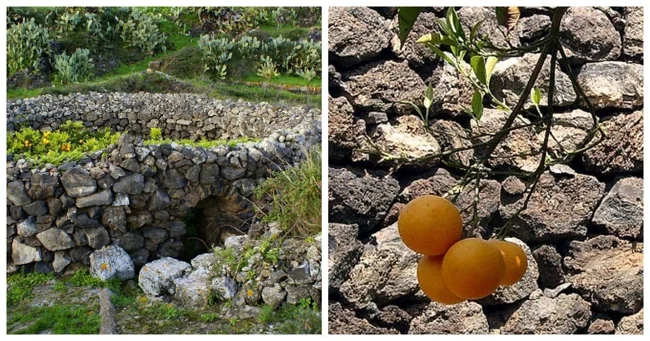
The climate here is harsh for farming: scorching, dry summers, mild but almost snowless winters, and merciless winds. Yet the Pantellers are not fishermen, but stubborn farmers. Their ancestors, generation after generation, waged a silent war against the elements, and in this war, they developed a brilliant weapon—unique agricultural techniques that allowed them to grow capers, oranges, and grapes. 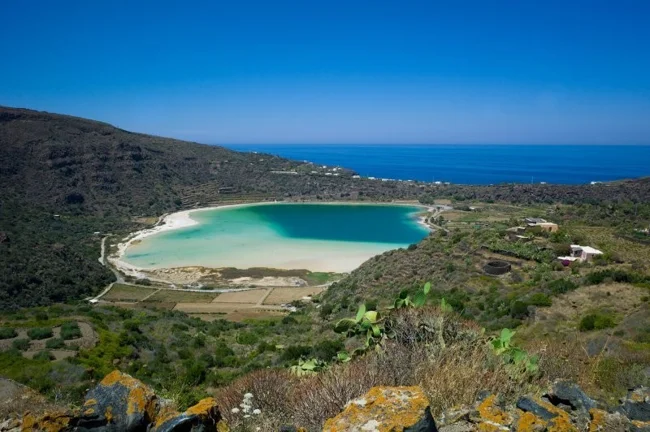
Winemaking in Pantelleria is an art passed down to us from the Phoenicians, who set foot on these shores over 2,500 years ago. To protect the vines from fierce winds, winegrowers dig a shallow bowl-like bed—a conca—for each vine. In this stone cocoon, the plant finds refuge from the elements and collects precious moisture. 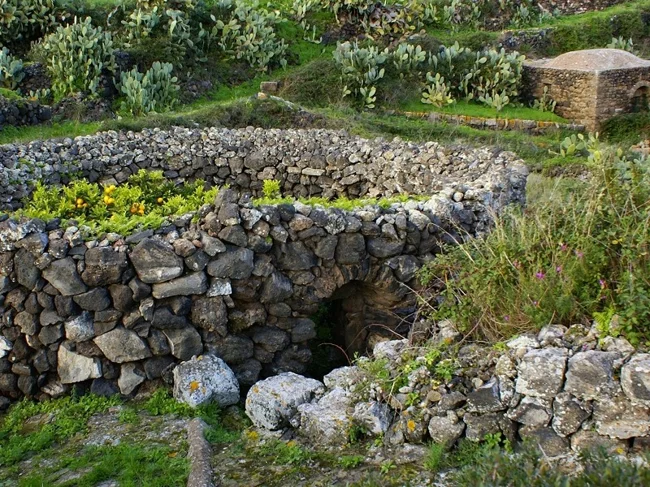
The vines are carefully pruned, forcing them to spread along the ground like a dense bush rather than stretching upward. The pit is constantly adjusted, creating ideal conditions for the grapes. And at the end of July, in an almost ritualistic ceremony, the grapes are harvested by hand. Interestingly, a similar technique can be found on another windy volcanic island, Lanzarote, in the Atlantic. 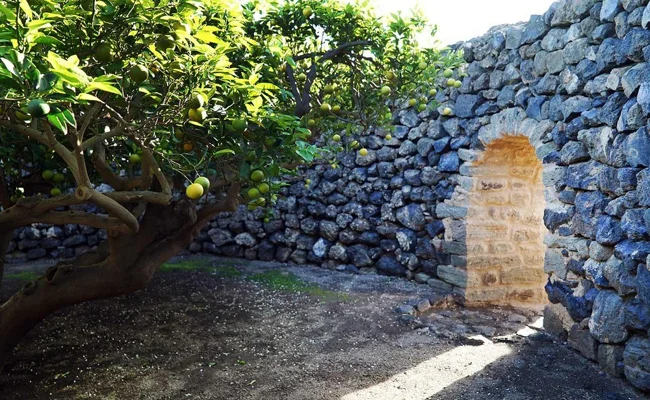
The conches are no longer sufficient for the orange trees, which are taller than grapevines. So the Pantelleria build a fortress around each tree—a high wall of dry stone, without a drop of mortar. This is how the giardino pantesco, or jardinu, is born—an enclosed garden that creates its own microclimate inside, cooler and more humid than the outside. 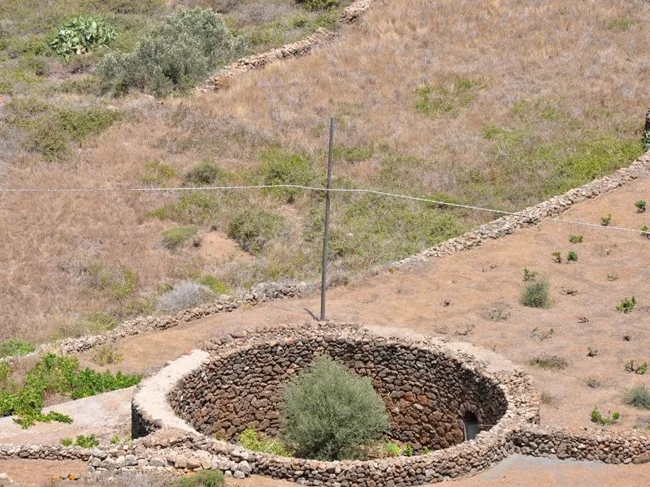
These walls are more than just a windbreak. At night, the porous stone traps sea moisture, condensing the fog into millions of dewdrops that flow down and water the tree roots. This ancient technology allows citrus fruits to be grown without any artificial irrigation—a true miracle for the arid Mediterranean. 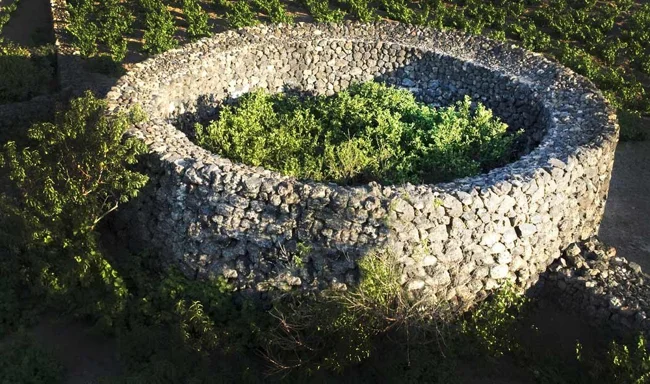
Most of the five hundred such garden-fortresses scattered across the island are round, like protective domes. But rectangular and even pentagonal ones also exist. Each one is a silent witness to the genius of human will that transformed a rocky island into a blooming garden. 